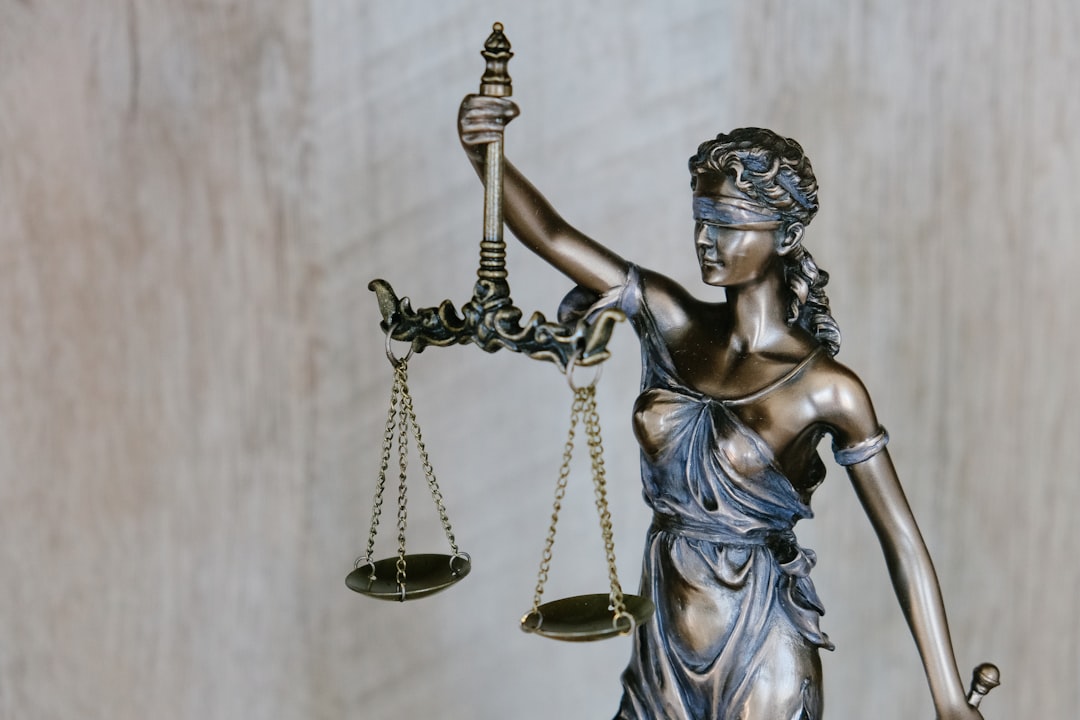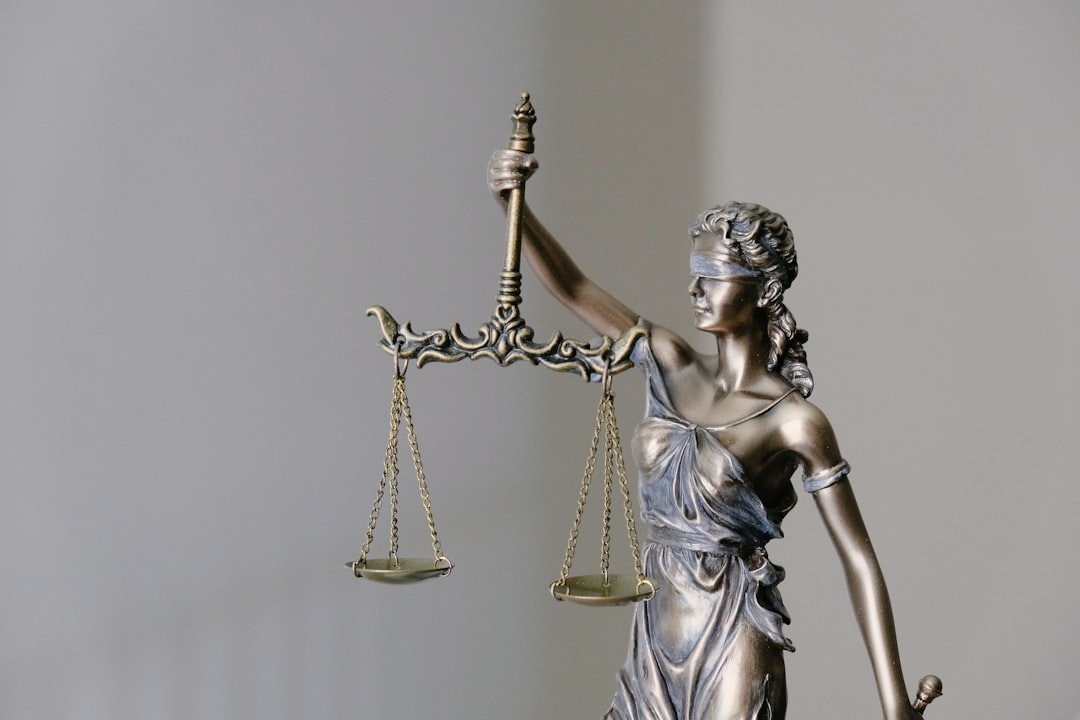Colorado schools face a rising trend in sexual misconduct, highlighting the need for proactive measures. School abuse attorneys address cases involving predators posing as educators. Educators play a vital role in prevention by identifying risks, fostering open communication, and implementing robust reporting systems. They must receive training and maintain strict procedures to create safe learning environments and ensure student well-being, with legal obligations to report suspected child sexual abuse. Effective strategies include recognizing abuse signs, understanding power dynamics, and empowering students through inclusive spaces. Collaboration with law enforcement and counselors provides comprehensive protection, crucial for safeguarding Colorado students from school abuse.
In Colorado, addressing sexual abuse within schools is paramount. This article delves into the multifaceted role of educators in preventing such incidents. We explore the scope of school abuse in the state and the legal implications for educators, highlighting their responsibilities as guardians of student safety. Additionally, we present effective strategies for creating safe learning environments, drawing from insights shared by leading Colorado school abuse attorneys. Understanding these aspects is crucial in fostering a secure educational setting.
Understanding the Scope of School Abuse in Colorado

In Colorado, the issue of sexual abuse within schools has garnered significant attention due to a growing awareness of its prevalence and impact on students. According to recent statistics, reported cases of school-related sexual misconduct have been on the rise, highlighting the urgent need for proactive measures. A school abuse attorney in Colorado often encounters instances where students fall victim to predators posing as educators or staff members, exploiting their positions of trust. This pervasive problem demands a comprehensive understanding and immediate action from educators who are on the front lines of prevention.
Educators play a pivotal role in identifying potential risks and safeguarding students’ well-being. They must be equipped with the knowledge and resources to recognize signs of abuse, understand the dynamics of power imbalances, and foster an environment where students feel comfortable discussing sensitive topics. By promoting open communication and implementing robust reporting systems, schools can effectively navigate and prevent instances of school abuse, ensuring a safer learning atmosphere for all Colorado students.
The Educator's Responsibilities and Legal Implications

Educators in Colorado bear a significant responsibility when it comes to preventing and addressing sexual abuse within their schools. They are not only tasked with creating safe learning environments but also have a legal obligation to report any suspected instances of child sexual abuse. The law holds educators accountable for recognizing signs, understanding policies, and taking prompt action. Failure to comply can lead to severe consequences, including potential liability and civil lawsuits filed by victims or their families through school abuse attorneys in Colorado.
This responsibility involves regular training on identifying red flags, implementing robust reporting procedures, and fostering a culture of open communication. By staying informed and vigilant, educators can play a crucial role in protecting students and ensuring justice for any affected individuals.
Strategies for Prevention and Building Safe Learning Environments

Educators play a pivotal role in creating safe and supportive learning environments, which are essential in preventing sexual abuse within Colorado schools. To foster a culture of safety, teachers and staff should be equipped with effective strategies for prevention. This includes regular training on identifying signs of potential abuse, understanding child development, and recognizing unusual behaviors or power dynamics that may exploit vulnerable students. By promoting open communication, educators can encourage students to speak up about any concerning experiences or relationships.
Additionally, building a sense of trust and empowerment among students is vital. Educators can achieve this by creating inclusive spaces where students feel comfortable discussing personal matters with trusted adults. Implementing policies and procedures for reporting and responding to incidents of abuse or suspicious activities ensures that every student has access to support. Collaborating with local law enforcement agencies and school counselors further strengthens these safety measures, providing a comprehensive approach to protecting students from potential school abuse, as supported by Colorado’s dedicated school abuse attorney.






